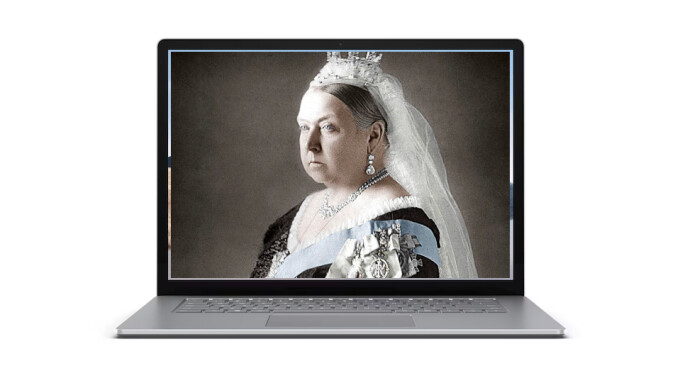LONDON — The U.K.’s much delayed Online Safety Bill appears to be heading toward implementation after last-minute negotiations in the House of Lords, despite vocal criticisms by virtually all digital rights and free speech organizations and advocates.
Leading digital rights group Electronic Frontier Foundation (EFF) published an extensive analysis of the bill, written by Jason Kelley and Monica Horten, warning that the legislation “will mandate dangerous age verification for much of the web.”
As free speech advocates have repeatedly pointed out during the protracted, years-long process leading to the current version, the Conservative government’s Online Safety Bill will officially classify and effectively censor adult content according to whatever standards the politicians that happen to be in power in the U.K. at any given time deem “harmful” or “pornographic.”
Though termed a “constitutional monarchy,” the U.K. has no written constitution and no equivalents to the U.S. Bill of Rights, First Amendment or codified Section 230 protections.
The Online Safety Bill currently being finalized by the unelected, aristocratic membership of the House of Lords, the EFF analysis explains, defines two types of sites that it will target: “web services that solely exist to publish and sell access to pornographic content, and user-to-user services which allow users to post their own content.”
The latter, the EFF analysis notes, “may carry limited amounts of pornographic or ‘harmful’ content — because user-generated content is impossible to moderate at scale — but clearly that is not their primary purpose.” Social media platforms and other sites that contain user-generated content “will have to assess the risk of children using their service, and the risk of content defined as harmful to children being on their site. They will have to block children from being able to access content defined as harmful. This includes pornography, but the full list encompasses a much wider range of content.”
Any website the U.K. government considers “pornographic,” however, will be required to prevent anyone under 18 years old from accessing its content.
“Pornography websites that have U.K. users, or target U.K. users,” the EFF explains, “will be required to use age verification to ensure that children are not able to encounter their content. Age verification is, essentially, identity verification, which makes it effectively impossible to browse pornographic sites anonymously, and creates the risk of data breaches and the potential for data to be collected and potentially shared or sold. Data protection laws apply, although little guidance exists in the Bill about compliance.”
A Much Delayed Bill to Placate Anti-Porn Crusaders
As XBIZ has been reporting, the Tory government of Prime Minister Rishi Sunak was pressured this year by a campaign by hardline conservatives in his own party to address adult content through the Online Safety Bill.
After years of delays, the Sunak government made the controversial bill a priority, seeking to hand a victory to social conservatives, religious crusaders and SWERF activists. Those groups have been conducting a moral panic campaign around “harmful content” — which for many of them includes all porn — through the U.K. media, marketing the bill as a “save the women and children” measure while disregarding or minimizing privacy and technical issues.
In July, Sunak also ordered a review of all legislation relating to pornography, online and off, to ensure that it is "fit for purpose." Tory Technology Minister Paul Scully told The Telegraph that the Prime Minster's Pornography Review "will look closely at the laws and regulations relating to offline and online content, informing our next steps" after passing the Online Safety Bill, which leaves the definition of what is "harmful" to the current Conservative-majority U.K. Parliament.
The details of the bill’s implementation, however, “have been left to the UK’s regulation agency, the Office of Communications (Ofcom), but the Bill is vague on the details of this,” the EFF reports. “Social media and other sites, where users regularly engage with each other’s content, will have to determine the risk of minors using their site, and block their access to any content that the government has described as ‘harmful’. Platforms like Facebook and TikTok, and even community-based sites like Wikipedia, will have to choose between conducting age checks on all users — a potentially expensive, and privacy-invasive process — or sanitizing their entire sites.”
The bill, the EFF concludes, will “lead to a less open, less functional, and less free Internet. Platforms will face criminal penalties for failing to comply and may choose to block young people — including those as old as seventeen — entirely. They may filter and moderate enormous amounts of content to allow young people on the site without age verification. They may filter and moderate enormous amounts of content for young people only, while allowing age-verified users access to all content. Or, they could exclude UK users entirely, rather than risk liability and the cost of expensive and untried age estimation systems and content moderation.”








